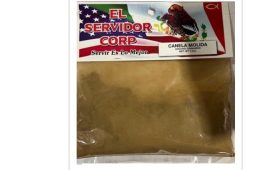Pharmacists should document their efforts to make sure rx are written for legitimate medical purposes
THURSDAY, March 29, 2018 (HealthDay News) — Pharmacists should be aware that they are expected to take steps to make sure opioid prescriptions are written for legitimate medical purposes, and should document these efforts, according to a report published in Drug Topics.
Drawing from experience as an expert witness called to educate the jury, Jason Poquette, R.Ph., of Saint Vincent Hospital in Worcester, Mass., describes the role and responsibilities of the pharmacist in terms of dispensing controlled substances.
According to Poquette, efforts to be sure that prescriptions are appropriate should be documented. In order to protect their license, a pharmacist should consider asking for the diagnosis from the doctor’s office, and documenting it for chronic opioid prescriptions, as well as asking the patient for their diagnosis and documenting it. In addition, the state prescription monitoring program should be checked for duplicate or early fills, and these should also be documented. Documentation should be recorded for follow-up with doctors or patients. Pharmacists should also be aware of red flags such as requests for early refills, patients travelling a distance to the pharmacy or doctor, and cash payments.
“While protecting our licenses may not be the biggest problem, it is surely a real problem, and one that we pharmacists must consider,” Poquette writes. “And better to learn these things by reading and reflecting, than by a personal and bitter experience of a cold and lonely courtroom.”
Copyright © 2018 HealthDay. All rights reserved.








